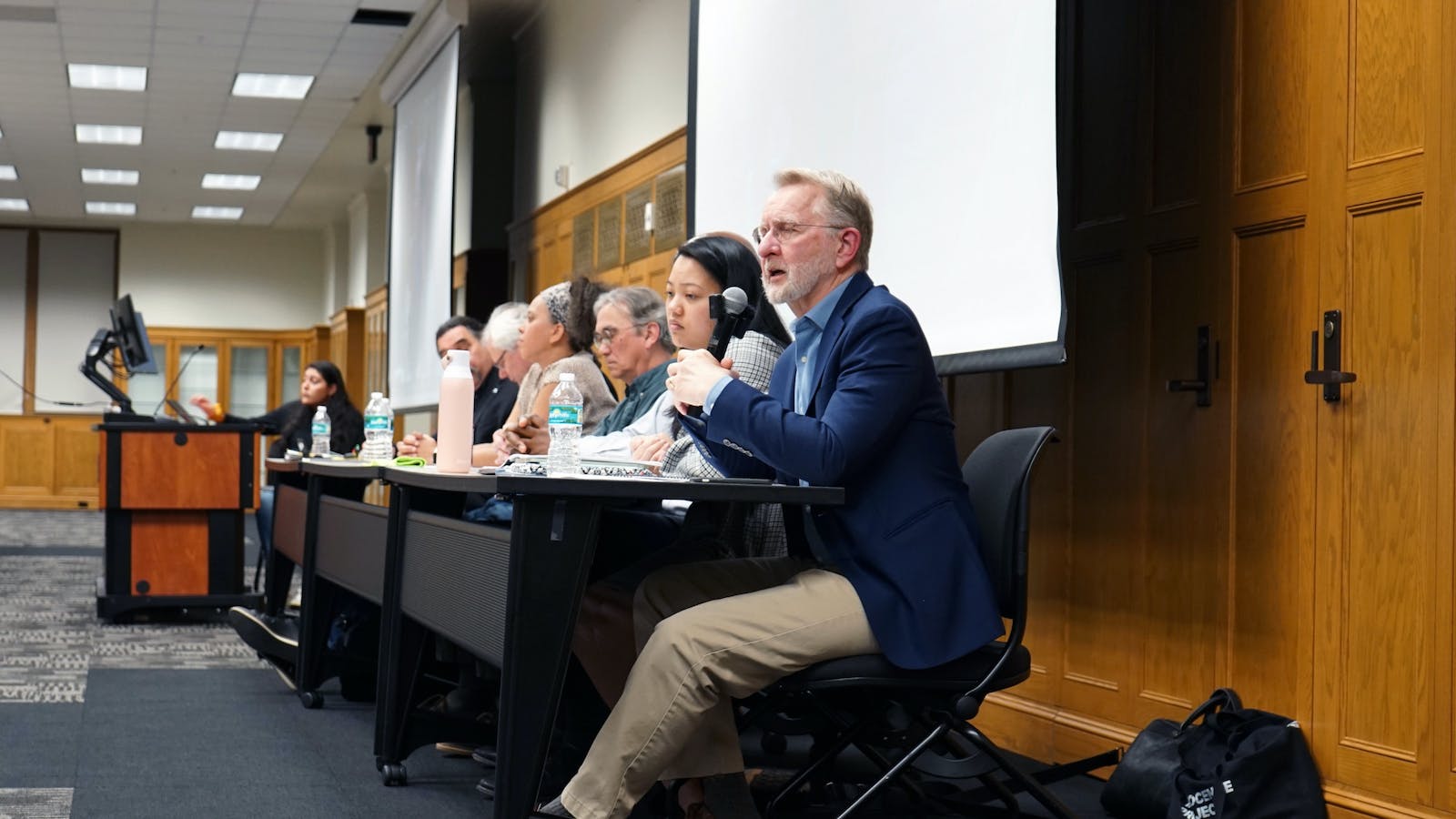States
A Task Force Report Exposes The Enduring Impact Of Racism At UF

Racism At UF: Florida’s Gainesville A recent panel discussion examined the “Report on African American and Native American History and the University of Florida” and the University of Florida’s history. The Presidential Task Force on African American and Native American History’s findings revealed UF’s complex racism.
The 110-page paper detailed UF’s history with African Americans and Native American land disputes from 1853. The panel discussion stressed the importance of student activism in causing school improvements, highlighting the report’s completion as a tribute to student advocacy.
The shocking 22.1% reduction in Black student enrollment from 2007 to 2020 left 5.7% of UF students Black. The national average for Black undergraduates was 12.7% in 2019. It also noted a 37% rise in full-time Black professors between 2015 and 2020, despite just 4.5% of UF’s faculty being Black.
The study recommended aggressive Black faculty recruitment, but panelists stated that administrative instructions missed policy proposals. Co-author David Canton, head of the Department of African American Studies, stressed the need to address racial inequality by highlighting UF’s complex past.
The study also listed 41 indigenous territories surrendered or taken by the US government, including UF, to support land-grant colleges, highlighting UF’s extensive historical links to Native American territory. The authors noted that this paper is the first stage in a multidimensional diversity study at UF.
Despite funding limits, the authors think the paper provides a sound platform for ongoing study of the university’s complicated past. The live panel discussion allowed the university community to interact directly with the researchers, helping them comprehend the report’s relevance and implications for the institution’s future.
Racism At UF: Uncovering UF’s Racist Past
A recent panel discussion at the University of Florida revealed a longstanding history of racism on campus. The Presidential Task Force on African American and Native American History thoroughly probed UF’s obscure history, revealing systematic abuses and racial inequities. From 1853 archives, the research revealed the university’s ongoing struggles for Black students, emphasizing the need for immediate reflection and significant action to right past wrongs.
Dealing with Black Student Enrollment Decline in the Face of National Disparities
Despite national statistics, Black student enrollment at the University of Florida has declined, worsening educational inequities. From 2007 to 2020, Black student enrollment dropped 22.1%, highlighting the issues Black students experience at UF. In contrast to the national average of 12.7% for Black undergraduate students in 2019, the university’s underrepresentation of Black students highlighted the need for comprehensive campus inclusion and diversity programs.
Challenges in Black Faculty Recruitment for Equitable Representation
UF’s Black faculty shortage was highlighted during the panel discussion on diversity and tolerance. The university’s 4.5% Black faculty representation in 2020 highlighted the ongoing difficulty of encouraging fair representation in academic circles despite a 37% rise in full-time Black professors between 2015 and 2020. The report called for a more proactive approach to Black faculty recruitment, emphasizing the importance of institutional support in creating a welcoming and inclusive environment for diverse faculty and dismantling systemic barriers and biases in academic recruitment.
Amplifying Student Voices: Activism’s Power To Fight Racism
The panel discussed the importance of student action in addressing racial inequities and promoting institutional change at the University of Florida. With a long history of student-led inclusiveness and equality efforts, the research highlighted student organizations’ crucial role in campus reform. Student activists raised awareness of important issues and demanded action to create a more inclusive and equitable academic environment, from updating the Department of American Indian and Indigenous Studies to addressing declining Black student enrollment.
Read Also: Desantis Claims Florida Teaches African-American History, But Critics Argue It Isn’t Being Taught.
Reclaiming Indigenous Narratives: Native American Land Impact
The research highlighted UF’s complex connection with Native American lands amid debates about racism and the university’s history. The study detailed the intricate historical linkages determining the institution’s character by listing 41 indigenous territories surrendered or taken by the US government. By recognizing the historical effect on Native American people and their lands, the study urged a better understanding of land-grant colleges and the need to amplify indigenous perspectives and narratives in academic debate.
Resource Allocation Issues In Comprehensive Research Initiatives
The paper stressed the need for more significant research and comprehensive diversity measures, but it also noted resource restrictions and administrative mandates. After co-author Hazel Levy pointed out the report’s completion despite her usual workload, the panel discussed the need for additional resources to support further in-depth study. The task force worked hard, but resource constraints highlighted the need for more institutional support and a dedicated allocation of resources to enable comprehensive research and meaningful initiatives to promote inclusivity and understanding in the UF community.
Awareness And Understanding: Inclusive Education Curriculum Implications
The panel discussion highlighted the necessity of teaching knowledge and understanding via a more inclusive curriculum at UF. The research highlighted the university’s complicated history of racism and its participation with disadvantaged populations, emphasizing the necessity for a curriculum that actively interacts with various narratives and experiences. UF can create a more inclusive learning environment that educates and empowers students to fight for social justice and equity by integrating comprehensive educational modules highlighting marginalized communities’ contributions and struggles.
Call For Institutional Accountability And Action For Sustainable Change
The panel stressed institutional responsibility and proactive ways to maintain change at the University of Florida when discussing the report’s conclusions. The report’s authors stressed the need for institutional leaders to take action to create a more inclusive and equitable campus by identifying Black student enrollment and faculty representation imbalances. Beyond acknowledgment, the call for actionable measures to promote diversity, equity, and inclusion in UF’s institutional policies and practices became increasingly urgent, marking a turning point in the university’s commitment to dismantling systemic barriers and promoting inclusivity and respect.













You must be logged in to post a comment Login